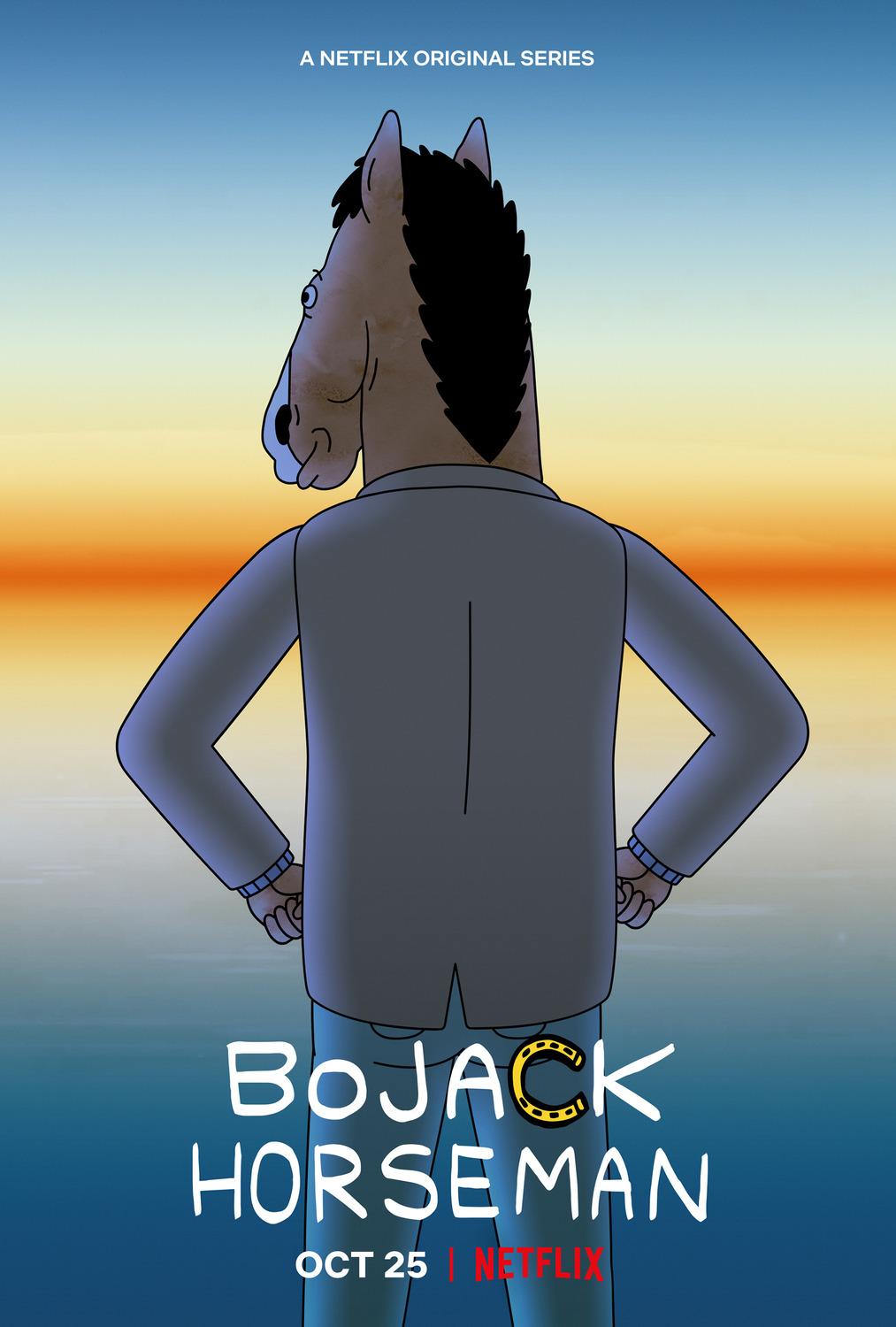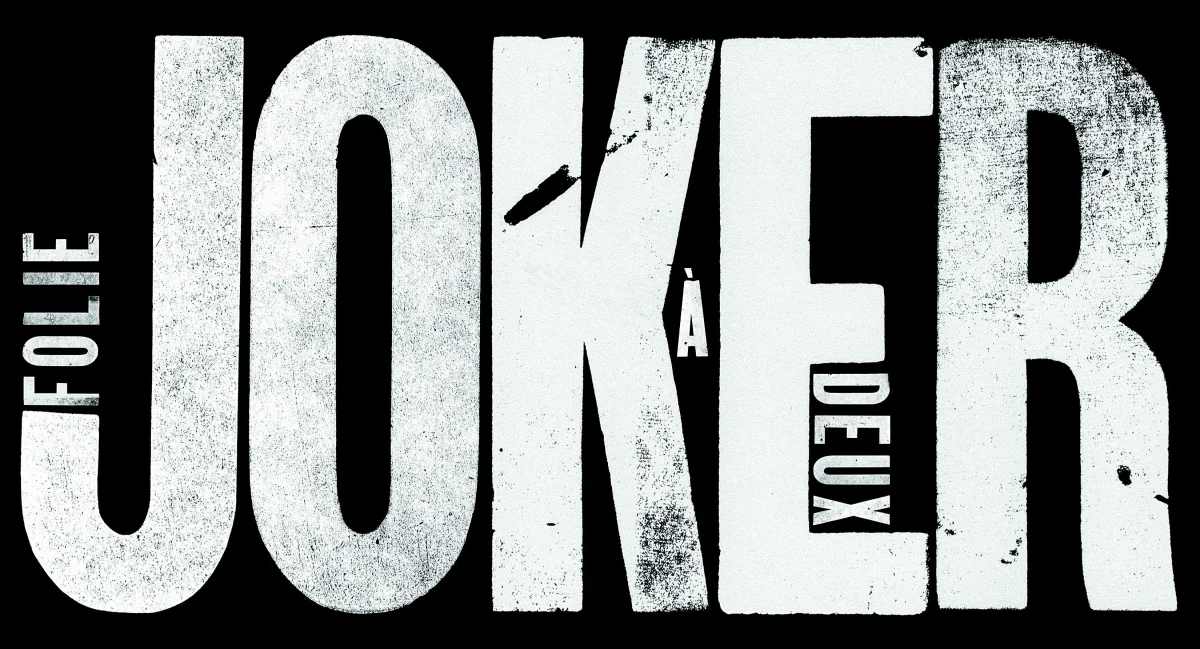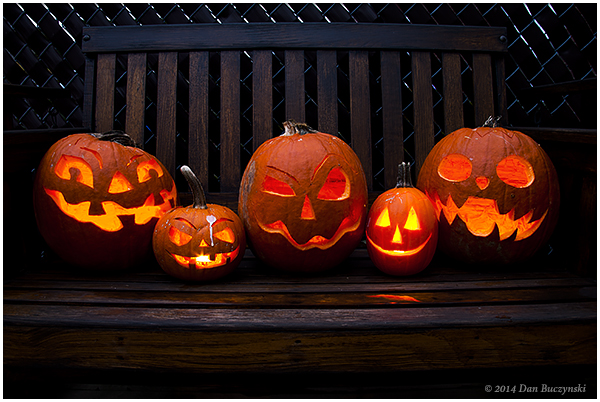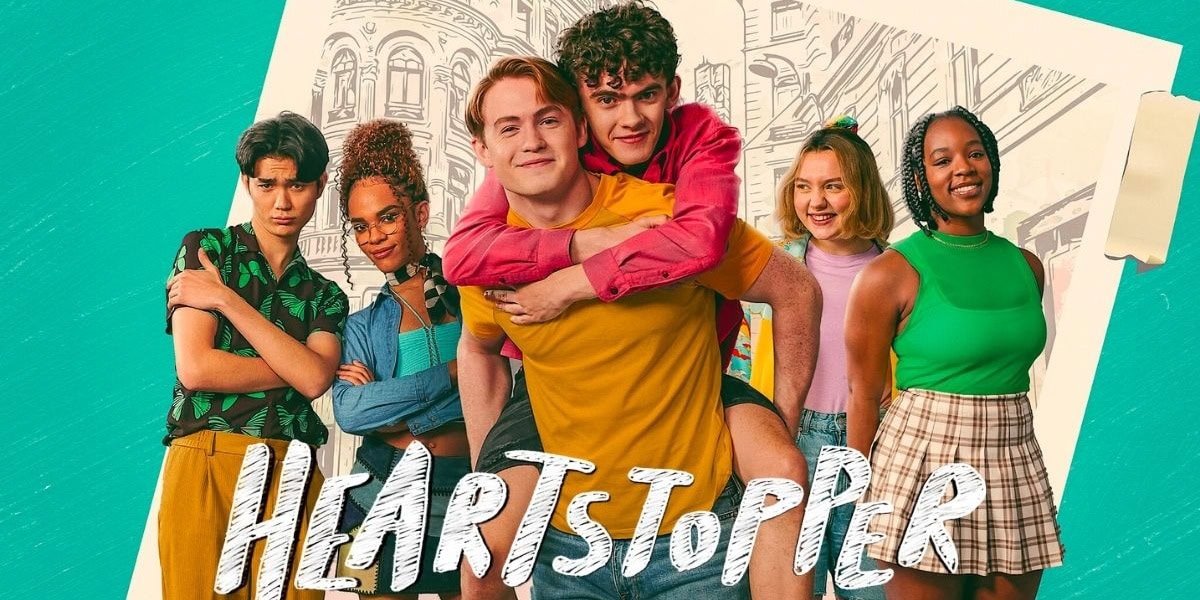
By MAX SCHMIDT
Contributing Writer
BoJack Horseman was the first animated series Netflix produced, and has become one of the most critically acclaimed animated shows, nay, television shows ever made. The show takes place in a world where animal people exist alongside regular people. Our protagonist, BoJack Horseman, a horse, was “in a very famous TV show [back in the 90s],” to paraphrase the theme song, “Horsin’ Around.” We watch as BoJack’s horrific past catches up to him. It began as a comedy with elements of drama, but as it went on it slowly became vice versa. The second half of the sixth and final season was recently released on January 31 of this year, and it received lots of critical praise, earning a 96% on Rotten Tomatoes, an 8.6/10 on IMDb, and the award for “Best Animated Series” at the 10th Critics’ Choice Television Awards. However, the ending left many fans disappointed.
Season six’s second half eases you in only to hit you with a sucker punch to remind you of the precarious position BoJack’s life is in at the end of the first half. BoJack’s past is filled with shady actions, but he’s always escaped consequences for his actions because of his friends who are willing to help him. In season six, a reporter, Paige Sinclair, is searching for information on BoJack because of his supposedly innocent involvement in the death of BoJack’s co-star on “Horsin Around”, Sarah Lynn, which leads her to find damning evidence that he had not only more to do with her death, but a trove of other crimes and dirty deeds that he committed. She gives her findings to a talk show host, who invites BoJack on in a bid for him to save himself. However, BoJack, in his exhaustion of running from his past, confirms what he’s done, but tries to show that he has changed. But changing as a person can’t undo the past. The talk show is aired, and BoJack loses his friends, house, wealth, and reputation. This was heartbreaking for me, because BoJack deserves to be reprimanded for his actions, but he was genuinely sorry for them and had changed himself for the better. It was conflicting in a way that all great dramas are.
Season 6, episode 15, “The View From Halfway Down” is probably my favorite episode of any television show ever, and in the original draft of this review I got so carried away in writing about it that it took up most of the article. In short, BoJack hallucinates that he’s surrounded by all the people in his life who have died, from his best friend and former director, Herb Kazzaz, to Sarah Lynn, to his abusive father, who is imagined as BoJack’s childhood idol, Secretariat, a horse that committed suicide because he couldn’t live with his guilt. They put on a play for BoJack, and when each character finishes their performance, they’re swallowed by a void representing death. After Sarah Lynn’s performance, BoJack learns that he, in a drunk fit, broke into his old house and tried to swim in his old pool, and everything around him is a hallucination his brain is creating to deal with the reality that he is drowning. As all of this hits him, Secretariat performs. He reads his poem, “The View From Halfway Down”. Written from his point of view as he jumped off the bridge, his voice gets desperate and terrified when he sees the view from halfway down, and he says he wished he never jumped. But he can’t undo the past, and as he dies in the poem, he is also swallowed by the void. I bawled during this scene. It was a subtle yet powerful metaphor for BoJack’s life, and the episode is teeming with subtleties that I hope to find when I eventually watch this masterpiece again. I don’t like to bring up review scores from websites like Rotten Tomatoes and IMDb, but I was pleased to see this episode sitting at a perfect 10/10 on IMDb, the average score given in 4,135 reviews. If anything on that site is going to receive a perfect score, I’m glad it’s this.
That was only the penultimate episode, however. In the last episode, BoJack survives his near-death experience and is sent to prison for breaking and entering, and several months later, is allowed to leave for a day to go to his old friend’s wedding. Here he talks with his former friends again, and the series ends for good. This ending was disappointing to many. It can all be summarized by this quote from freshman Jess Kahn, “I hate the fact that there wasn’t [closure].” And he’s right, BoJack receives no closure with his friends, he just talks to them. But in my eyes, giving him closure is what a lesser show would do. BoJack has ruined his relationships with these people, he’s more than halfway down and can’t fix the damage. He doesn’t deserve closure or a happy ending. That’s just my interpretation, and Kahn, who still enjoyed the finale despite his complaints, interpreted it this way, “I think the lack of closure is on purpose, probably to reflect the fact that there’s always another day after the happy ending.” BoJack is full of subtle, touching messages, that can be interpreted in many ways, and I am going to be rewatching it for years to come for that reason. This finale earned it the title of my favorite television show of all time.
Categories:
BoJack Horseman: a Finale Review
February 16, 2020
0
Donate to Sword & Shield
$180
$1000
Contributed
Our Goal
Your donation will support the student journalists of University High School. Your contribution will allow us to purchase equipment and cover our annual website hosting costs.
More to Discover













